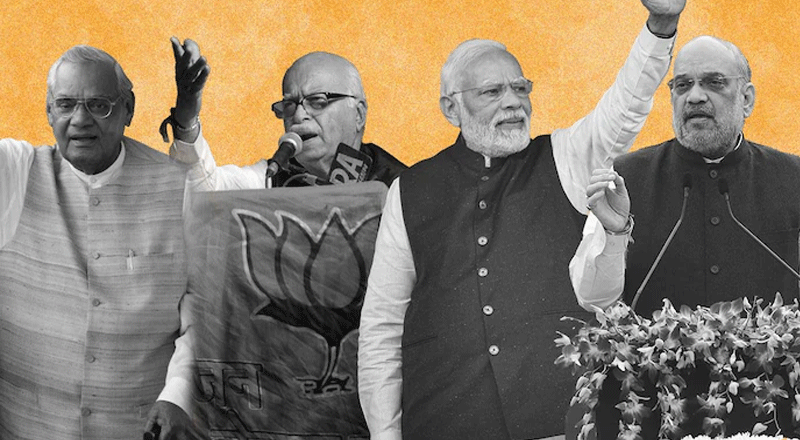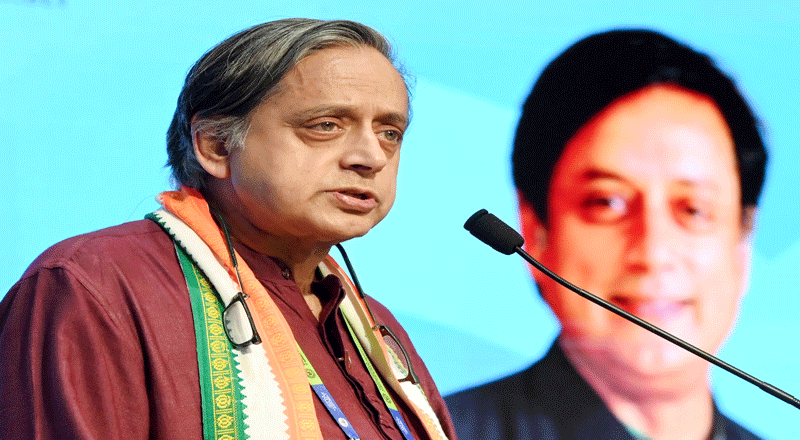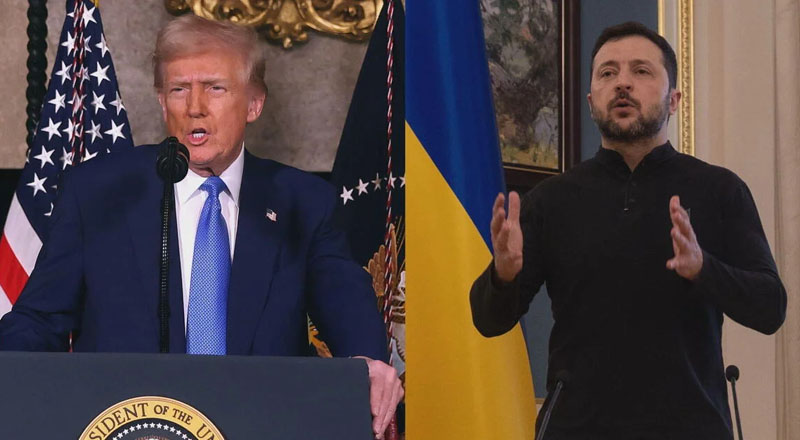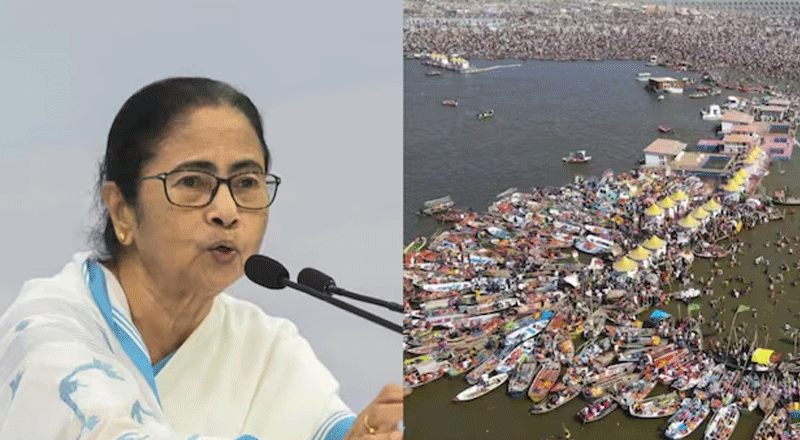Gujarat has been a BJP citadel for years. But the party, or its previous avatar, Jana Sangh, could never win this cluster of Assembly seats in the state. Why is that so? And will anything change this time?
Post-Independence, the Congress ruled most Indian states, and Gujarat was no exception. The Congress wasn’t merely seen as a political party that needed electoral validation every election. After all, the grand old party was a social and political collective that drove the freedom movement and became the rightful claimant of power.
This was till the late 1980s when the country’s political landscape started shifting after the Janata Party experiment about a decade ago. This time, the Janata Dal burst onto the scene, on the plank of anti-Congressism and made the issue of reservation to the Other Backward Classes (OBCs) its ladder to political ascent in several states.
This was also the time when the BJP felt the need to consolidate the Hindu vote and its leader LK Advani’s polarising chariot rolled from Gujarat’s Somnath to Uttar Pradesh’s Ayodhya where the party wanted a Ram temple. It was Mandal versus Kamandal.
Both the Janata Dal and the BJP grew at the expense of the Congress that lost power in states such as Gujarat, UP and Bihar. Then the 2000s was the era of Narendra Modi and Amit Shah who carried forward and intensified Advani’s Hindutva politics in Gujarat, making the western Indian state a BJP citadel.
Now, the BJP has ruled Gujarat for 27 years. But what is surprising is that even in its nearly three decades of uninterrupted dominance, or in preceding decades, the party, or its previous avatar, the Bharatiya Jana Sangh (BJS), has never been able to win a cluster of seats.
They are
- Borsad (Anand district)
- Jhagadia (Bharuch)
- Vyara (Tapi)
- Bhiloda (Aravalli), except in 1995
- Mahudha (Kheda)
- Anklav (Anand)
- Danilimda (Ahmedabad)
- Garbada (Dahod district)
- To be fair, the BJP didn’t enter Gujarat’s election scene immediately after the state’s creation, even though the Jana Sangh was there, and some of the virgin constituencies were carved out slightly later.
But the cluster has been, to draw a cricketing analogy of Steve Waugh’s formidable side not being able to win a Test series in India, a final frontier that the BJP, despite all its prowess and publicity, is yet to breach.
- Then there have been Assembly constituencies such as
- Khedbrahma (Sabarkantha district)
- Danta (Banaskantha)
- Jasdan (Rajkot)
- Dhoraji (Rajkot district). The BJP has won, only on a couple of occasions, these seats but in bypolls and that too after the mid-2000s. But let’s, for now, focus on the virgin territories.
As Gujarat goes to the polls in the first week of December, a natural question to ask will be: Will the BJP be able to conquer the final frontier? Let’s begin with the beginning.
In 1960, Gujarat was formed from the north and west portions of the Bombay state, the remainder being renamed the state of Maharashtra. After the creation of the state of Gujarat, the first Assembly election took place in 1962.
-
THE 1967 POLLS
The Congress won 93 seats out of 168, while the Swatantra Party got 66. The Bharatiya Jana Sangha (BJS) debuted with one seat as its CH Shukla won from Rajkot 1.
Born in 1951, the BJS was a right-wing party and served as the political arm of the Rashtriya Swayamsevak Sangh (RSS), a nationalist volunteer organisation.
- Borsad: Congress’s RD Patel defeated Swatantra Party’s FD Patel.
- Jhagadia: Congress’s ZR Vasava defeated Swatantra Party’s J Mansangbhai.
- Vyara: Congress’s BS Gamit defeated Swatantra Party’s RV Chaudhari.
- Bhiloda: Swatantra Party’s AJ Trivedi defeated Congress’s MK Shah.
INDIRA’S EXPULSION
The late 1960s was a time of turmoil for the Congress. In 1969, Prime Minister Indira Gandhi was expelled from the Congress for violating the party discipline. The party split, with Indira Gandhi setting up Congress (R) or Requisitionists Congress. The other group under K Kamaraj was called Congress (O) or Old Congress.






